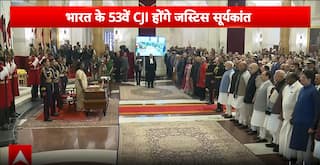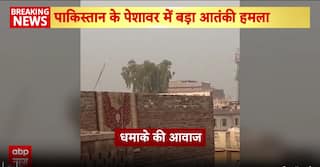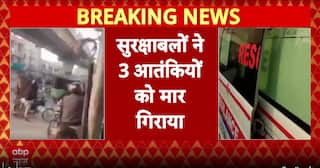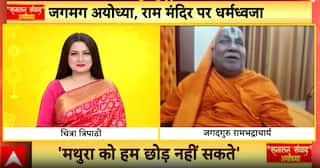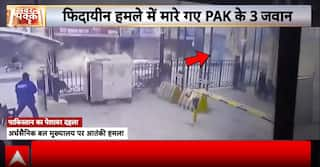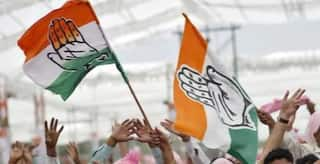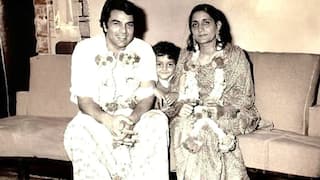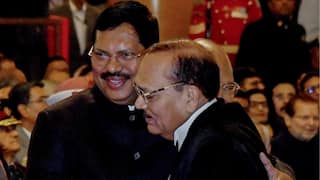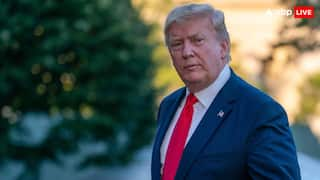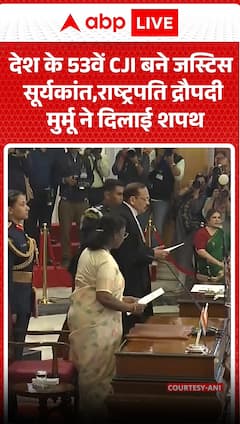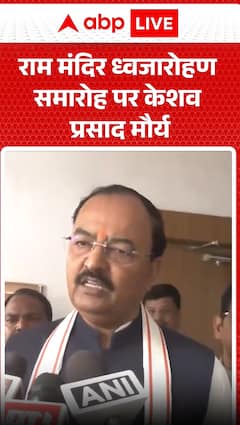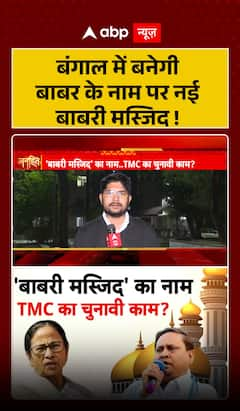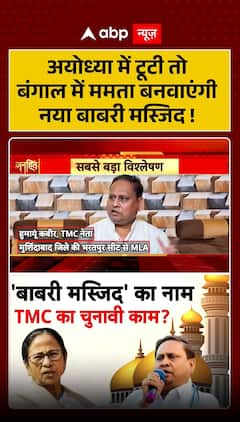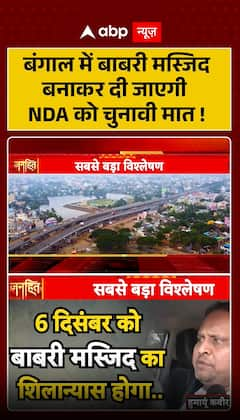Manmohan Singh CV: How The Biodata Of ‘World’s Most Highly Qualified Head Of Govt' Looked Like
Former prime minister Manmohan Singh breathed his last at AIIMS, New Delhi on December 26. One of the longest-serving PMs, Singh was called the architect of India's economic reforms.

At a meeting of business leaders from India and Southeast Asia in Kuala Lumpur in 2005, ASEAN Secretary-General Ong Keng Yong introduced then-Prime Minister Manmohan Singh as "the world’s most highly qualified head of government", Sanjaya Baru wrote in his book, 'The Accidental Prime Minister: The Making and Unmaking of Manmohan Singh.'
Ong Keng Yong's statement was not off the mark.
Manmohan Singh, who held a First Class graduate from the University of Cambridge and a D. Phil from the University of Oxford, had played a pivotal role in steering India’s economic growth toward liberalisation in the 1990s. He passed away in New Delhi on Thursday evening.
Singh led India between 2004 and 2014 as part of the Congress-led United Progressive Alliance (UPA) government. However, a decade before becoming the prime minister, Singh put India on the road to liberalisation in the early 1990s, in a move that broke India from the stranglehold of socialist-era policies.
The PMO archive profile of India's 14th prime minister calls him "a thinker and a scholar."
In Pics: Times When Manmohan Singh Used Cricket Diplomacy To Ease India-Pakistan Relations
Rich Academic Record
Manmohan Singh did his initial studies from Punjab. He graduated in Economics from Punjab University in 1952 and finished Master of Arts in Economics in 1954 from the same university.
He went on to study at the University of Cambridge in 1957 where he got First Class honours in Economics. In 1962, he did a D. Phil in Economics from Nuffield College at Oxford University. His book, “India’s Export Trends and Prospects for Self-Sustained Growth” was an early critique of India’s inward-oriented trade policy.
Check out his complete CV here.
Prizes And Awards
The former prime minister holds around two dozen awards and honorary degrees two dozen awards and Honorary Degrees from over a dozen universities.
He was awarded the Adam Smith Prize at the University of Cambridge (1956), the Wright’s Prize at St. John’s College, Cambridge (1955), Padma Vibhushan Award (1987), Asiamoney Award (1993), Euromoney Award (1993), Jawaharlal Nehru Birth Centenary Award (1995), Justice K.S. Hegde Foundation Award (1997) and Annasaheb Chirmule Award (2000).
He was awarded as an Honorary Fellow by several institutions, including, the Indian Institute of Bankers; St. John’s College, Cambridge; National Institute of Education, N.C.E.R.T; All India Management Association and National Academy of Agricultural Sciences.
Moreover, Singh received Honorary Degrees of D.Litt. from several universities, including, Panjab University, Delhi University, University of Bologna in Italy, Osmania University, Indian School of Mines in Dhanbad and Doctor of Laws by the University of Alberta, Edmonton, Canada.
From Professor Of Economics To Indian Prime Minister
Manmohan Singh started his career in academics by serving as the Professor of Economics at Panjab University in Chandigarh from 1957-65.
Singh's life took a political turn in 1971 when he joined the Government of India as an Economic Advisor in the Commerce Ministry. This was soon followed by his appointment as Chief Economic Advisor in the Ministry of Finance in 1972.
Here are some of the positions that the former Prime Minister served since the late 1960s:
- 1957-1965: Faculty (Economics), Panjab University, Chandigarh
- 1966: Economic Affairs Officer
- 1966-1969: UNCTAD, United Nations Secretariat, New York
- 1969-1971: Professor of International Trade, Delhi School of Economics
- 1971-1972: Economic Adviser, Ministry of Foreign Trade, India
- 1972-1976: Chief Economic Adviser, Ministry of Finance, India
- 1976-1980: Secretary, Ministry of Finance, Dept. of Economic Affairs, GOI
- 1980-1982: Member-Secretary, Planning Commission, India
- 1982-1985: Governor, Reserve Bank of India
- 1985-1987: Dy. Chairman, Planning Commission
- 1987-1990: Secretary General and Commissioner, South Commission
- 1990-1991: Advisor to Prime Minister of India on Economic Affairs
- 1991-1991: Chairman, University Grants Commission
- 1991: Elected Member of Rajya Sabha
- 1995: Re-elected Member of Rajya Sabha for a term of six years
- 1991-1996: Finance Minister of India
- 1996-1997: Chairman, Parliamentary Standing Committee on Commerce, Rajya Sabha
- 2001: Re-elected as member of Rajya Sabha for a term of six years
- 2001: Re-elected as member of Rajya Sabha for a term of six years
- 1998-2004: Leader of Opposition, Rajya Sabha (Council of States) Parliament of India
- 2004-2014: Prime Minister of India











